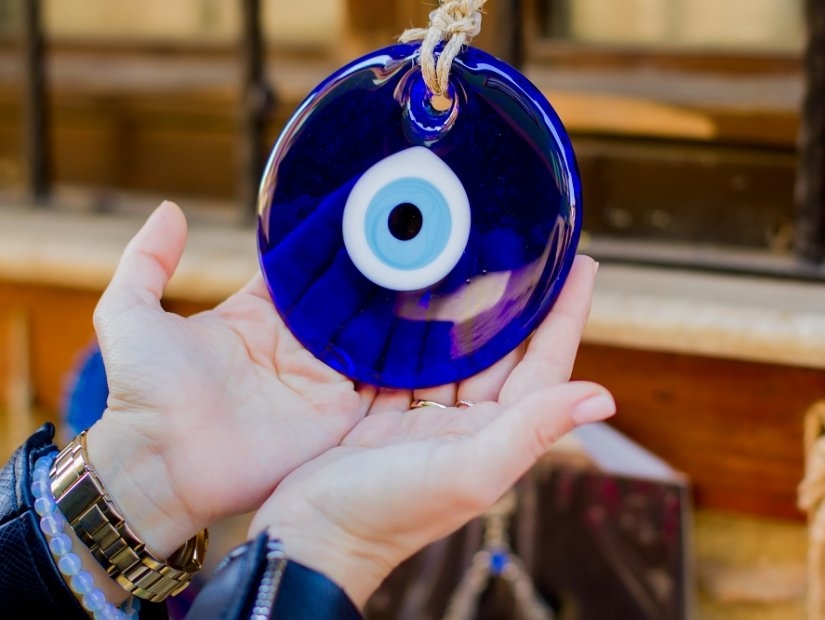Blog
Interesting Turkish Traditions You Should Know About
Interesting Turkish Traditions You Should Know About
It is hard to encapsulate Turkish culture and customs in a single article due to the diversity of heritage across the nation and incorporating practices from other civilizations such as Greek, Armenian, Georgian, and Arabic throughout history. The northeast coast along the border is a close blend of Turkish and Georgian culture, as evidenced in the Laz groups, and the southeast generally displays Kurdish and Arabic culture. In contrast, European customs have heavily impacted the western coast during the previous 80 years. In this article, we have listed the fascinating Turkish traditions.
Evil Eye
In direct contravention to Islamic norms, the Nazar Boncugu, often known as the evil eye, may be found in workplaces, residences, transportation, and companies. Turks think this amulet wards off evil, and it is now one of the top recommended souvenirs to buy, in addition to figuring prominently in Turkish culture. Similarly, friends and relatives would typically cast an evil eye on it to protect it. Turks like children, so don't be shocked if your youngster gets their full attention. Children also enhance family size; therefore, they signify increasing strength.
Circumcision
Circumcision is still a religious necessity in many nation regions, but practices have considerably improved over the previous century. It was relatively uncommon for a local elder to execute the ceremony on the kitchen table. Still, in recent years, especially in the western areas of the nation, more individuals are choosing hospital operations. To commemorate the event, historically regarded as the boy's transformation to a fully blooded male, a gift such as a memorable watch is presented to the youngster.
Nasreddin Hodja Stories
Nasreddin Hodja and his fascinating anecdotes are well-known in Turkish culture. Nasreddin Hodja and his wife are renowned worldwide, as are his amusing anecdotes. His fascinating stories have traveled from the Balkans through Persian, Arabian, and African cultures, China and India along the Silk Road, and worldwide. Nasreddin Hodja's fables and fairy tales, which feature a flawless and amusing personality in Turkish folklore, usually include spiritual truths or traditional wisdom.
Turkish Markets & Carpet Shops
Markets are another essential aspect of Turkish society, and bargaining is nearly necessary, as it is in other neighboring nations. A Turkish market sells everything from crafts and antiques to spices and delectable Turkish cuisine. However, the most traditional Turkish shopping experience may be had in a carpet shop. You'll be treated to an intricate unfolding of exquisitely woven carpets, followed by a flowing discourse on their history and the significance of their patterns.


